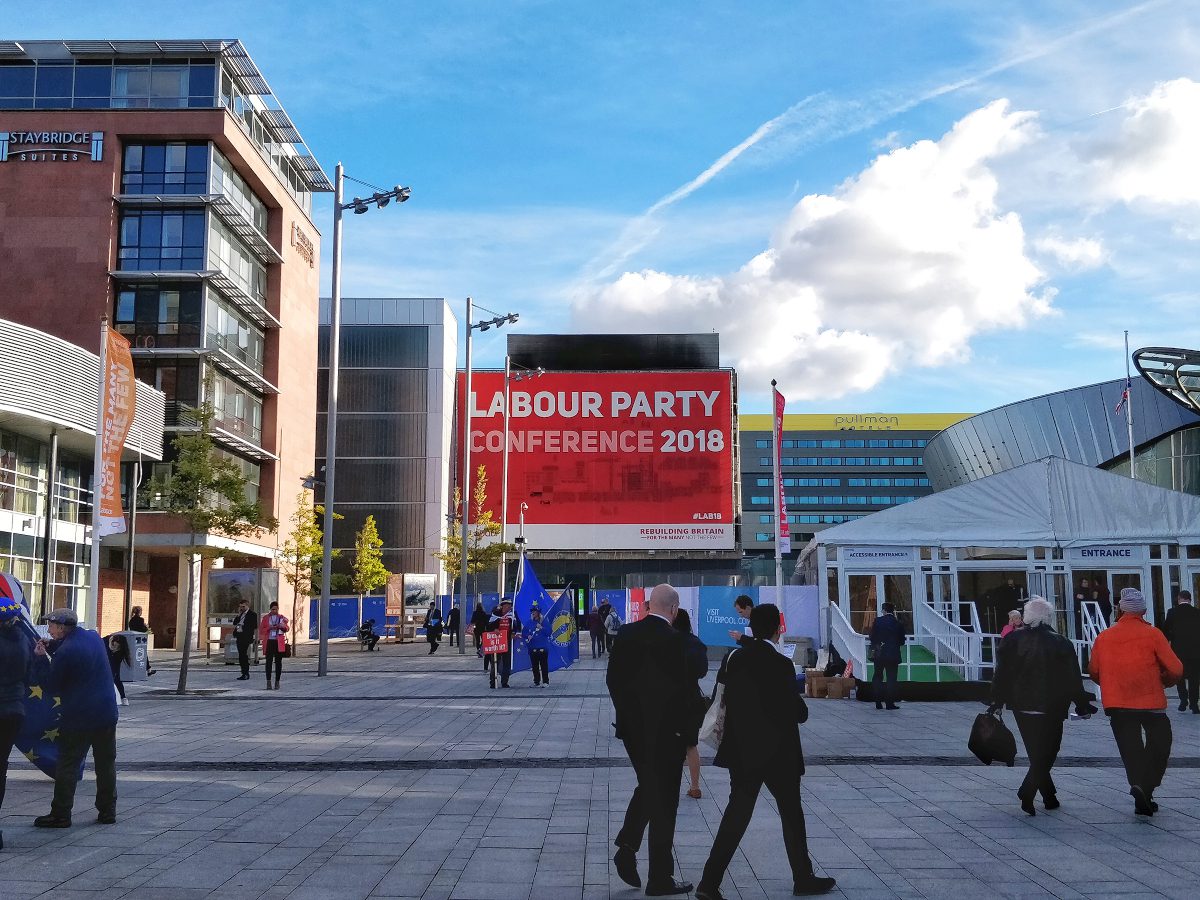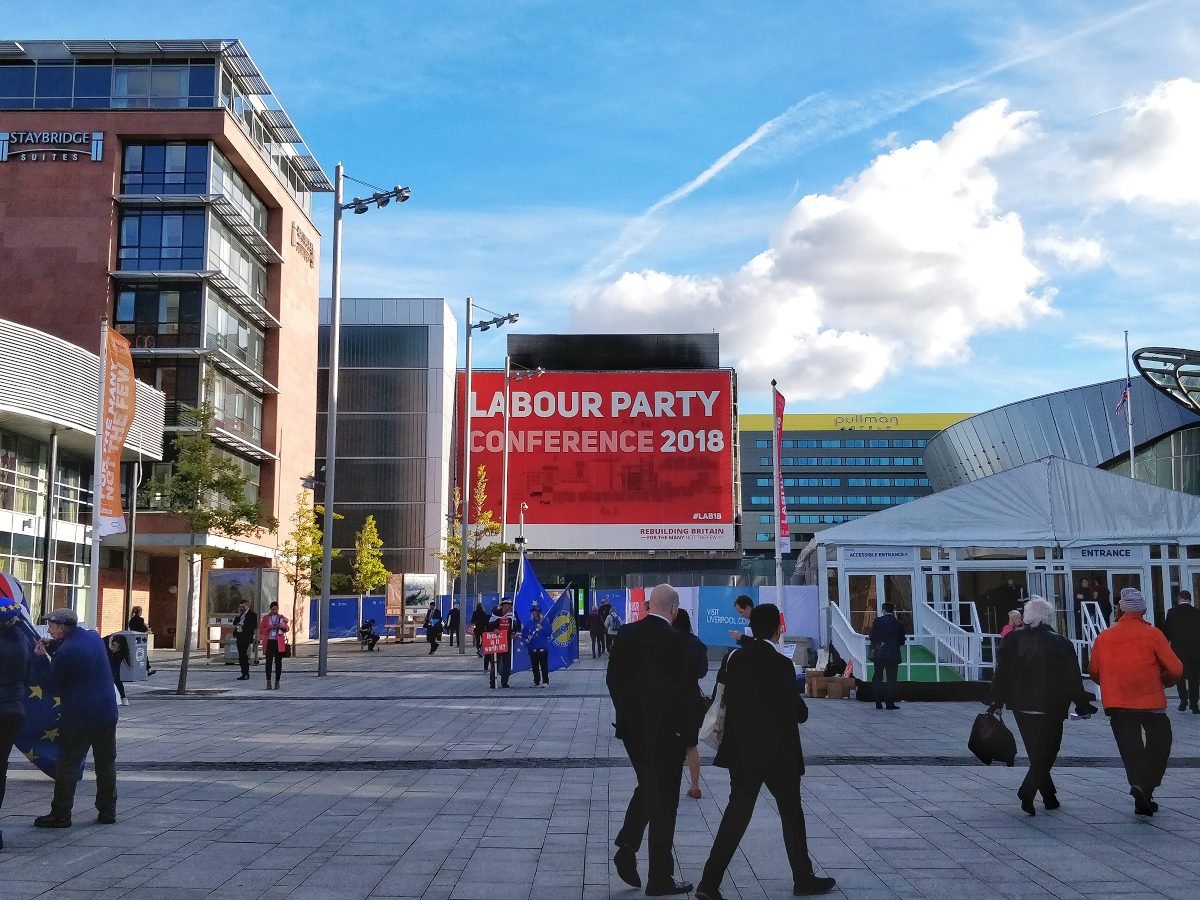
Ahead of the Labour Party Conference, Matt Browne, head of public affairs at The Wildlife Trusts, warns politicians against deregulation and urges them to heed the Truss debacle on this issue. He writes:
The Labour Conference will have a distinctive mood music this year given that every Ministerial decision is currently viewed through the prism of growth; policies thought capable of increasing GDP are backed, whatever the wider impact may be. A particular weight is being placed on unrestricted building as an engine of growth, with Housing Secretary Steve Reed pledging this week to ‘tear down all the barriers to development’. Given that the Chancellor has repeatedly accused snails, bats and newts of being ‘blockers’ to growth, speculation is rife that these soon-to-be torn down barriers could include laws that protect wildlife.
This would be a colossal mistake. Nature regulations don’t just protect wildlife; they safeguard people’s enjoyment of it and underpin our economy. The Habitats Regulations, our most effective and value-for-money nature laws, provide a good example. The regulations have protected some of our most precious and threatened wildlife for decades. Walking amidst the butterflies in Epping Forest, spotting seals on Norfolk beaches, catching the flash of a kingfisher in the Fens – all these experiences, and so many more, are enjoyed because the Habitats Regulations are there. Recent polling by More in Common shows how cherished these experiences are; 83% of those polled, from across the political spectrum, said they always found beauty in nature.
These regulations also have an important economic function: to provide stability and prevent environmental crises which can cause serious economic disruption. University of Oxford research suggests that such nature crises could see the UK’s GDP shrink by 12% and weakening regulations that protect nature will exacerbate this. The public understands this. Studies elsewhere suggest that when people are asked to put a monetary value on the benefits provided by the Habitats Regulations, it comes to over £1 billion.
Environmental deregulation has been tried before with economic results that range from negligible to disastrous.
Liz Truss’s tenure as Secretary of State for the Environment, Food and Rural Affairs from 2014 to 2016 provides an illustrative example. She pursued an explicitly deregulatory agenda, boasting of cutting red tape by reducing farm inspections and trimming down regulators overseen by Defra in order to ‘make savings as a department’. Cuts included an £80 million reduction in the budget the Environment Agency relied on for sewage monitoring. With the benefit of a decade’s hindsight we can see how these decisions contributed to sewage and agricultural pollution in our rivers, a crisis that has shaken the fiscal foundations of the water sector and risks billions of pounds of taxpayer money being used for bailouts.
With reports that the new Defra Secretary of State, Emma Reynolds, has been asked by the Chancellor to do more to ‘cut back on red tape’ in her department, the Truss era constitutes a warning beacon. Regulations can of course be improved, but previous all-out assaults on environmental regulation have failed to produce good economic results. As Liz Truss showed with water regulation, the short-term rush of deregulation can lead to a long and costly hangover.
The Wildlife Trusts urge Emma Reynolds and Steve Reed to avoid a repeat of such mistakes by dropping any plans for a new attack on environmental regulations, following on from the already damaging Planning and Infrastructure Bill. Instead, the Government should build on the positive decisions it has made for nature over the past year. These include the ending of the use of harmful neonics pesticides and the extension in the area of peatland to be protected from burning. In the next three months, Defra should decide to uphold Biodiversity Net Gain, swiftly publish details of new environmental farming schemes and expand the ban on bottom trawling. This, rather than a distracting and damaging attack on environmental regulation, would help more people enjoy and benefit from thriving nature and bolster the economy.

